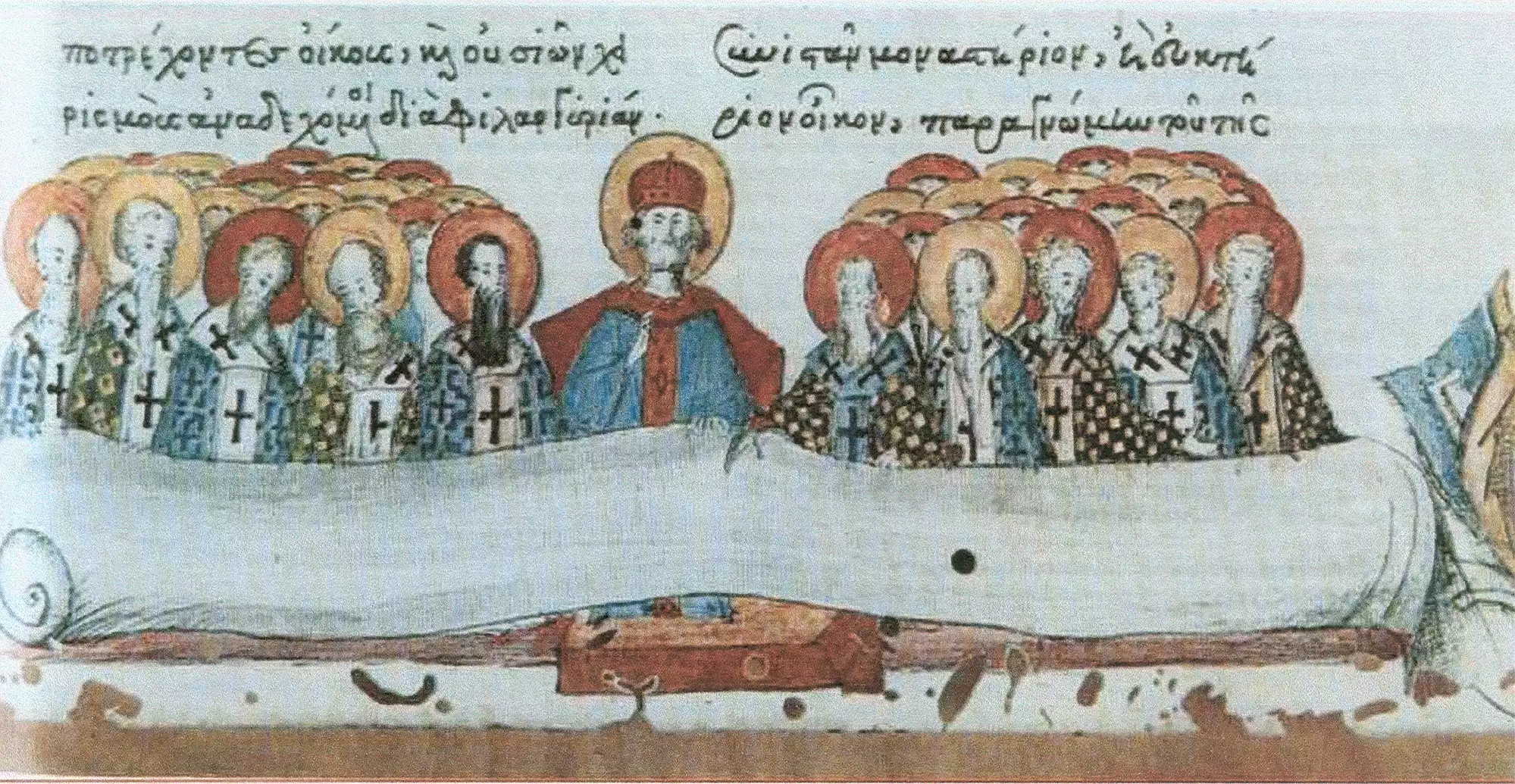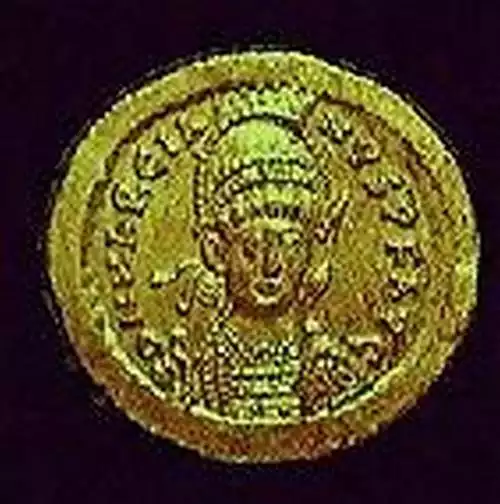
Marcian’s Ascendancy: Reshaping the Byzantine Vision
Emperor Marcian’s ascension to the throne was not merely a transition of power; it was a herald of transformation. Born into a modest Illyrian family, Marcian’s rise to the zenith of Byzantine power was nothing short of extraordinary. His early military career, marked by discipline and dedication, laid the foundation for his later achievements. However, it was his deep-seated conviction and unshakeable faith that truly set him apart.
Under his rule, the Byzantine Empire witnessed a resurgence of stability and prosperity. Marcian’s policies were characterized by a prudent fiscal approach, significantly reducing the tax burden on his subjects. He navigated the complex geopolitical landscape with astute diplomacy, skillfully avoiding conflicts that had beleaguered his predecessors.
Yet, it was Marcian’s role in the Council of Chalcedon that cemented his place in history. The council, convened in 451 AD, was a defining moment in Christian theology. Amidst a backdrop of doctrinal strife and ecclesiastical discord, Marcian’s unwavering support for the council’s objectives was crucial. He championed the cause of orthodoxy, advocating for a balanced approach to the Christological debate that had divided the Church.
The Council of Chalcedon, under Marcian’s auspices, achieved a monumental feat. It articulated the doctrine of the dual nature of Christ, asserting that he is both fully divine and fully human. This doctrinal clarity brought a semblance of unity to a fractured Church, though it also led to lasting schisms with those who opposed its conclusions.
Marcian’s legacy is not merely confined to the religious realm. His reign marked a period of cultural and intellectual flourishing. He patronized the arts and sciences, fostering an environment where philosophical and theological discourse could thrive. The stability he brought to the empire created a conducive atmosphere for such pursuits, leaving a lasting impact on Byzantine culture.

Marcian’s Legacy: Peace, Policy, and Piety in Byzantium
Emperor Marcian’s tenure was not only a period of ecclesiastical significance but also a time of remarkable administrative and legal reforms. His approach to governance was grounded in justice and efficiency. Marcian reformed the legal system, aiming to make it more equitable and accessible to his subjects. He revised laws, curtailed corruption, and ensured that justice was not a privilege of the affluent but a right accessible to all.
Marcian’s foreign policy was equally noteworthy. He skillfully maintained peace with the formidable Hunnic Empire, avoiding the devastations of war through diplomatic acumen. His alliances and treaties were strategic, aimed at preserving the integrity and security of the Byzantine Empire. This period of relative peace and stability was a significant achievement, considering the turbulent times.
Marcian’s death in 457 AD marked the end of an era. His legacy, however, continued to shape the Byzantine Empire and the Christian world for centuries. He left behind a realm more stable and unified, a Church more coherent in its doctrine, and a society that had glimpsed the potential of enlightened leadership.
Emperor Marcian’s reign, albeit brief, was a beacon of hope and stability in an age of uncertainty. His contributions to the Byzantine Empire and the Christian Church were profound and lasting. Marcian’s role in the Council of Chalcedon, his administrative reforms, and his diplomatic strategies collectively forged a legacy of wisdom, faith, and leadership. His story is not just a tale of an emperor but a narrative of conviction, resilience, and vision that continues to inspire.
References
CEEOL. “Marcian: A Study in Imperial Strategy.” CEEOL, Accessed 12 January 2024.
Evans, J.A.S. “The Age of Justinian: The Circumstances of Imperial Power.” Routledge, 2000.
Holum, Kenneth G. Theodosian Empresses: Women and Imperial Dominion in Late Antiquity.” University of California Press, 1989.
JSTOR. “Marcian’s Eastern Policy and the Church.” JSTOR, Accessed 18 January 2024.
Loyola University Chicago. “Marcian (450-457 A.D.)” Loyola University Chicago, Accessed 19 January 2024.
